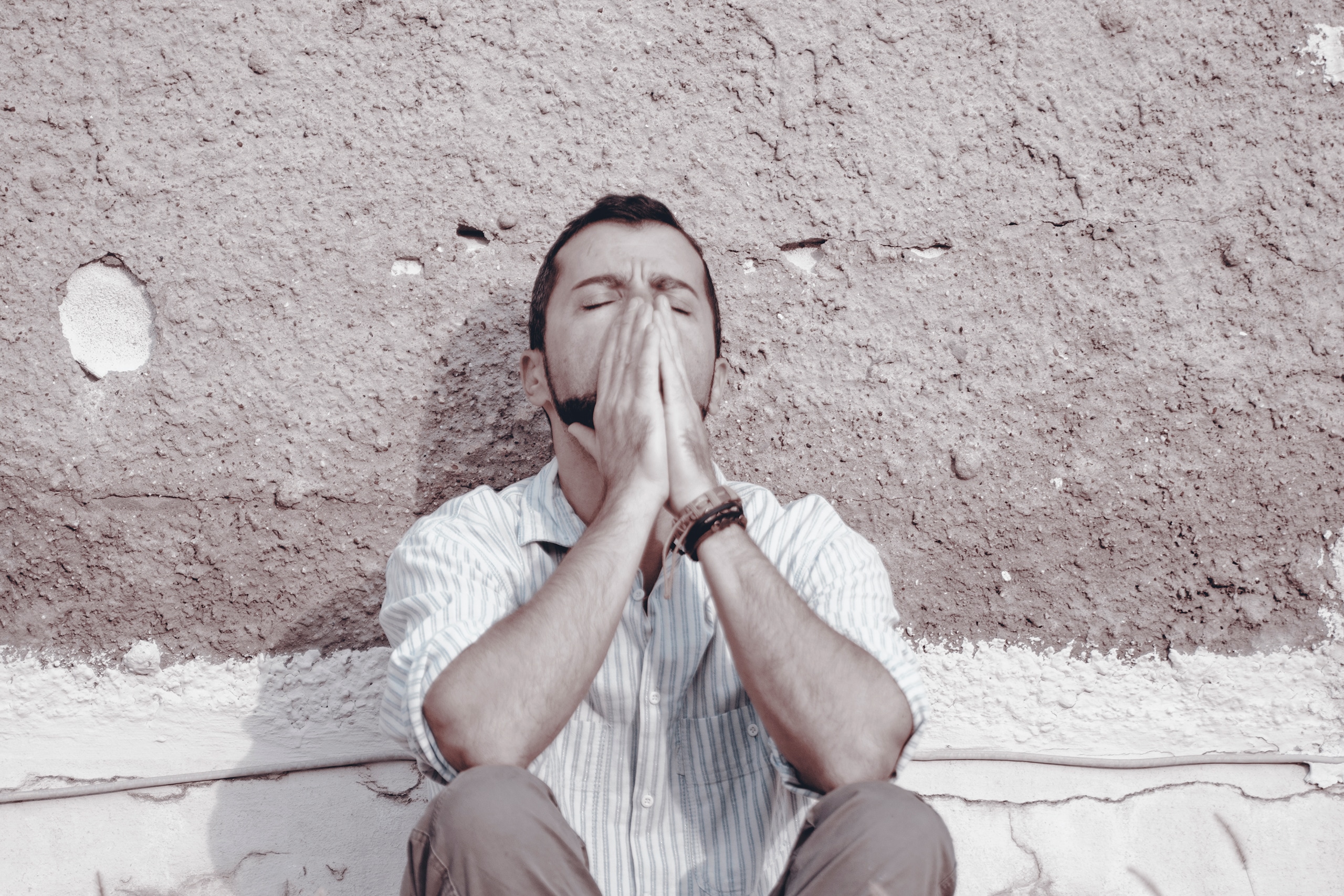Side Effects of Clinical Depression
Depression itself has different levels and can range in seriousness from mild, short-term episodes of sadness to severe and persistent depression. Clinical depression is the most severe form of depression and is also known as major depression or major depressive disorder. It is not the same thing as depression that is caused by something like the loss of a loved one or some medical condition. To diagnose clinical depression, a doctor will use the symptom criteria for a major depressive disorder that is laid out in the Diagnostic and Statistical Manual of Mental Disorders, or DSM. Some of the common signs and symptoms of clinical depression can include:
- Feelings of sadness, emptiness, or hopelessness
- Outbursts of anger or frustration over small things
- Loss of interest in normal activities that once brought you pleasure
- Sleep problems like insomnia or sleeping too much
- Lack of energy, even with small tasks
- Weight loss or even weight gain due to increased or decreased appetite
- Trouble thinking, concentrating, remembering things, and making decisions
- Anxiety and restlessness
- Frequent thoughts of death or suicide and suicide attempts
Clinical depression is something that can affect any person at any age, including children, and can be severe enough to cause noticeable problems with the person and a decline in overall wellbeing. While depression is a mental illness, it can cause a lot of physical side effects on a person. Someone may not even realize that clinical depression can be the cause of it. Often time’s treatments, like medication, can also cause side effects.
Physical Pain Because of Depression
Many people with clinical depression can experience aches and pains that affect their limbs, joints, or back. Other people will experience all-over pain in the body that can even be debilitating and chronic. Research is still trying to understand how depression and physical symptoms are connected and how they can influence one another. One theory suggests this is caused by a deregulation of the neurotransmitters that control serotonin. Many people tend to feel better after a steady intake of an antidepressant that stabilizes the intake of serotonin and norepinephrine in the brain. A different theory suggests that those with clinical depression may even feel pain differently. It is believed that those with depression have a lower pain tolerance compared to those who are not depressed.
Lowered Immunity Because of Depression
Clinical depression and the stress related to it can weaken a person’s immune system and make it more likely for that person to get sick. When a person with a weakened immune system does get sick, it can take longer for them to get better again. While infections like the common cold are usually not that serious a weakened immune system can put a person at risk for developing complications from an infection or even getting an infection that is more difficult to treat.
Fatigue Because of Depression
Sleep disturbances are among the core symptoms that a doctor looks for when diagnosing clinical depression. The relationship between sleep and depression can go both ways. Depression causes sleep problems and sleep problems can also increase the risk of depression.
On the flip side, those with clinical depression can feel as though no matter how much they sleep, they never feel well-rested. This can make it hard to get out of bed in the morning and perform simple daily living activities like household chores or taking a shower. Fatigue is one of the most common side effects of clinical depression and is also the most difficult to treat.
Dealing with clinical depression you are dealing with isn’t an easy thing to face. Luckily you do not have to face it on your own. We are ready to help you or a loved one overcome the pains and struggles in your life every step of the way. Now is the time to get the help you need. Let Voices of Mental Health help you do it.
Medically Reviewed: September 25, 2019

Cayla Clark, BA
Medical Reviewer
Chief Editor
All of the information on this page has been reviewed and verified by a certified addiction professional.



